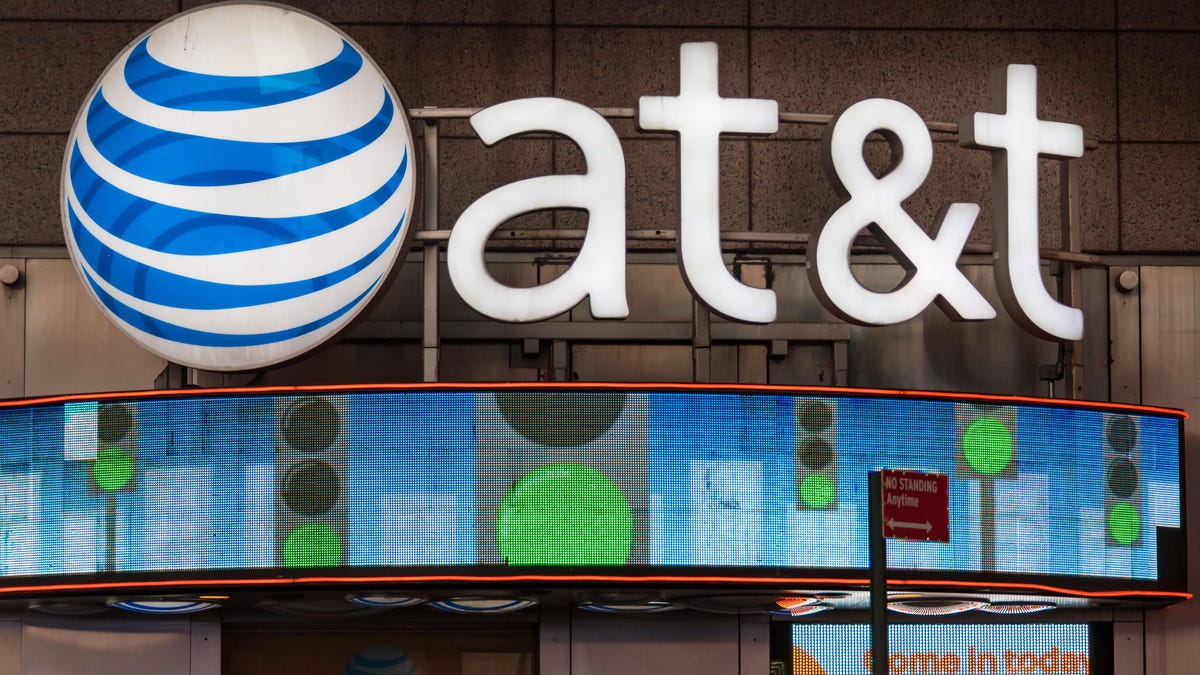AT&T-Time Warner in jeopardy as DOJ blocks deal
The Department of Justice cites antitrust concerns.

AT&T's deal to buy Time Warner is in jeopardy.
It looks like "Game of Thrones" and the "Justice League" may not be heading to AT&T after all.
The Department of Justice is suing to block AT&T's pending acquisition of Time Warner, saying the $85 billion deal would concentrate too much power in one company. Time Warner is the media giant behind movie studio Warner Bros., premium cable channel HBO and the TV stations under Turner Broadcasting, including CNN. Having control over popular networks, the DOJ said, would allow AT&T to charge its competition more for the right to distribute its popular programming.
"The combined company would use its control over Time Warner's valuable and highly popular networks to hinder its rivals by forcing them to pay hundreds of millions of dollars more per year for the right to distribute those networks," the DOJ said in a statement. The combination would result in higher cable bills, the agency said.
AT&T, which saw the Justice Department block its proposed acquisition of T-Mobile six years ago, defended the deal, saying it's not trying to buy a competitor. Because Time Warner isn't in the same business, it says, there would be no overlap if the two companies combined.
"Today's DOJ lawsuit is a radical and inexplicable departure from decades of antitrust precedent," AT&T General Counsel David McAtee said in a statement. "We see no legitimate reason for our merger to be treated differently."
The lawsuit is a blow to the quest by AT&T, the No. 2 wireless phone company in the US by number of subscribers, to transform itself into an entertainment powerhouse, not only delivering your favorite shows to your phone or home television but also creating them. Two years ago, it acquired DirecTV, the largest satellite TV provider, and is looking to get into the Hollywood game with Time Warner.
A dead deal could mean AT&T has to explore other potential acquisitions at a time when entertainment and telecommunications companies are looking at their own combinations.
Industry observers and some on Wall Street suspect that President Donald Trump may have influenced the Justice Department's decision because of his distaste for CNN, which he has routinely called "fake news." Earlier reports said the agency had asked AT&T to divest CNN, or potentially all of Turner Broadcasting, to complete the deal.
Asked whether CNN played a role in the Justice Department's move, AT&T CEO Randall Stephenson said on a press call, "Frankly, I don't know."
He added that AT&T wouldn't be a part of any deal that even gave the perception of impeding the freedom of the press, and that divesting assets from Time Warner or AT&T was "a non-starter."
'In it to win it'
AT&T wouldn't say whether it would pursue "collateral issues" like possible collusion between President Trump and the Justice Department, but hinted that they may come out in the course of the trial anyway. "It won't bode well for the government if it does," said Dan Petrocelli, a lawyer representing AT&T.
Asked about when the company would cut its losses and walk away from the deal, Stephenson said "quitting isn't in our vocabulary. We're in it to win it."
The White House didn't immediately respond to a request for comment.
DOJ lawsuits often sound the death knell for a deal. AT&T, however, says it plans to fight this in court.
"We are confident that the court will reject the government's claims and permit this merger under longstanding legal precedent," AT&T's McAtee said.
Critics argue that the deal would give AT&T too much power, since much of the entertainment produced would travel through competitors like Verizon and the cable providers.
"While reports of political pressures regarding this deal are concerning, the fact remains that there are serious, legitimate reasons this merger should be blocked," said Jonathan Schwantes, senior policy counsel for Consumers Union. "We are pleased the DOJ is moving forward with this suit in order to protect consumer interests."
First published Nov. 20 at 1:32 p.m. PT.
Update, 2:55 p.m. PT: Added comment from DOJ.
Update, 3:07 p.m. PT: Added AT&T comments from press conference.
The Smartest Stuff: Innovators are thinking up new ways to make you, and the things around you, smarter.
Special Reports: CNET's in-depth features in one place.

